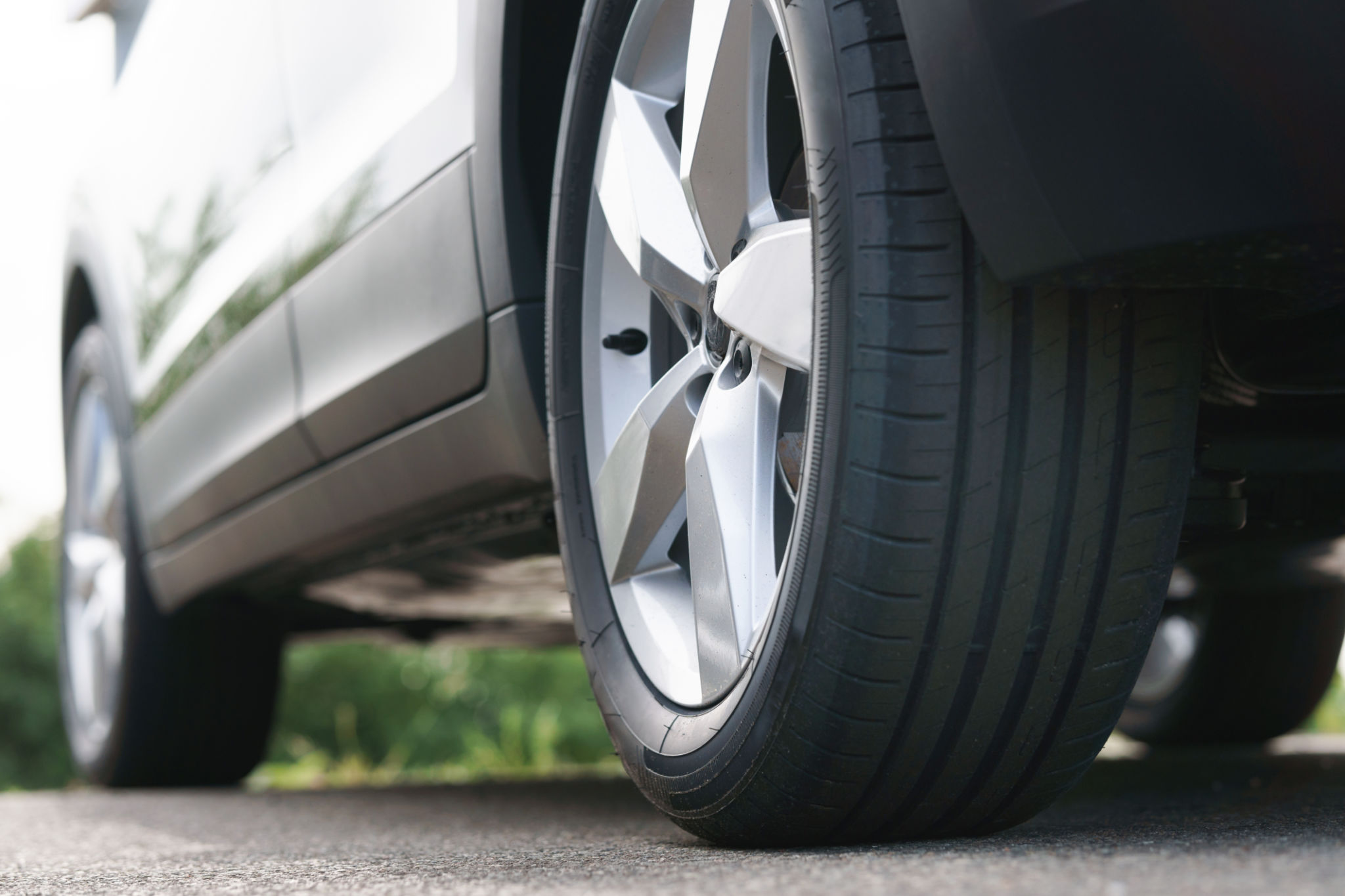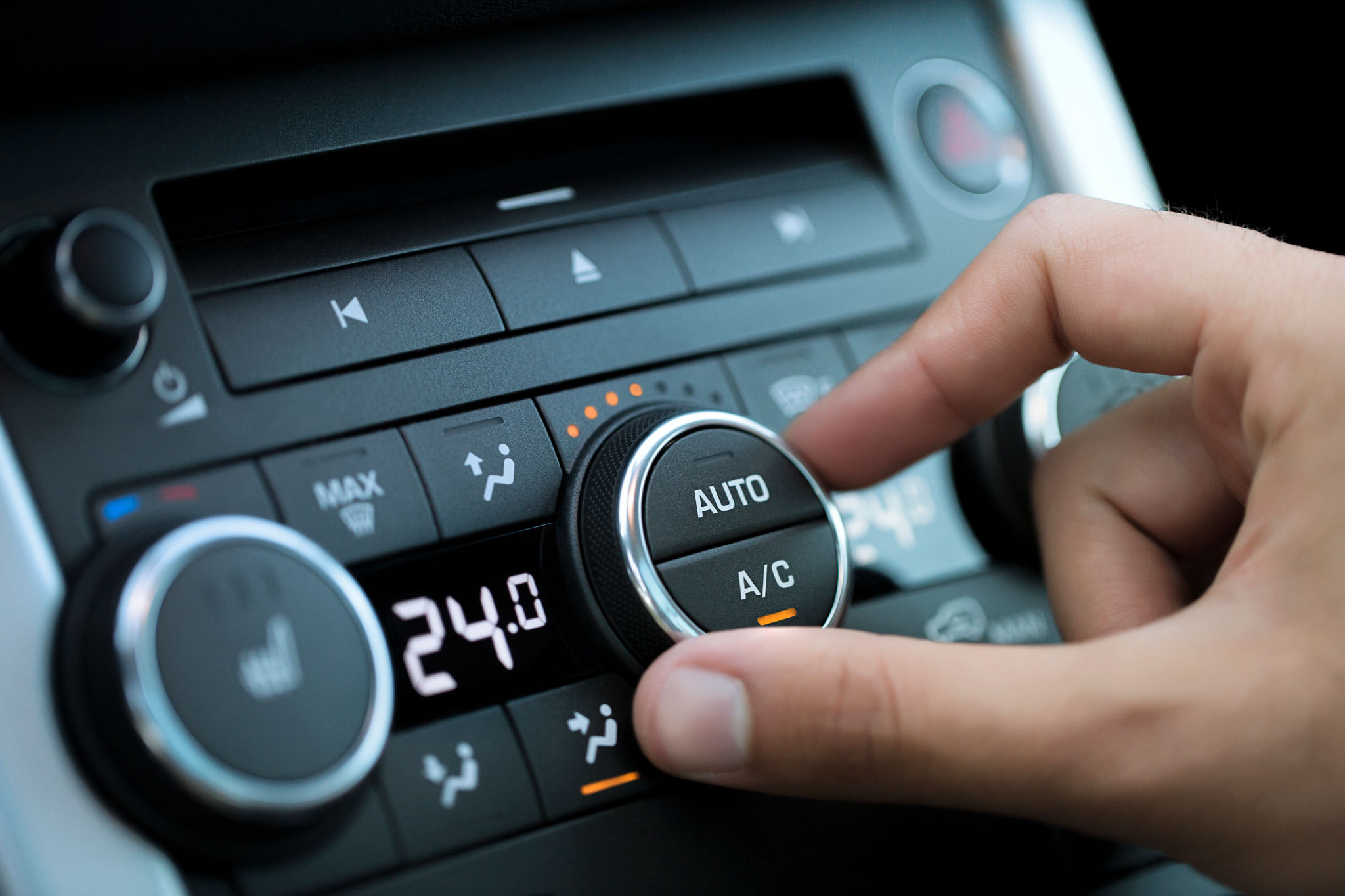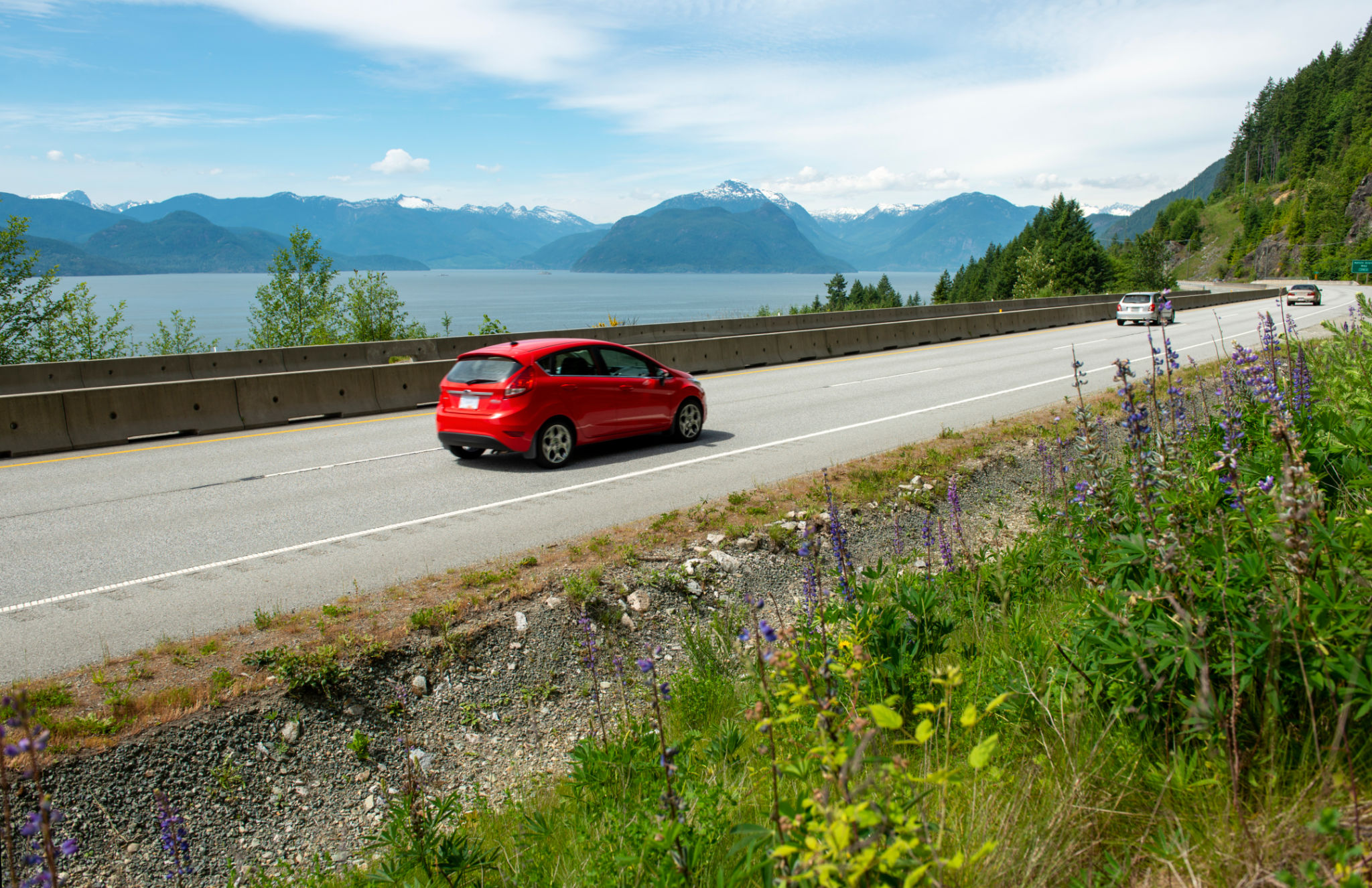How to Prepare Your Car for Winter: Tips from Southern Vehicle Services
Check Your Tires
As temperatures drop, tire pressure can decrease, affecting your car's grip on icy or snowy roads. It's crucial to regularly check your tire pressure and inflate them to the recommended levels. Additionally, consider switching to winter tires, which are designed to provide better traction in cold weather conditions.

Inspect Your Battery
Cold weather can be tough on car batteries, reducing their ability to hold a charge. To avoid a breakdown in the middle of winter, have your battery tested to ensure it's in good condition. If your battery is more than three years old, it might be wise to replace it before winter hits.
Top Off Fluids
Winter weather can demand more from your car's fluids. Make sure your engine coolant and windshield washer fluid are topped off. Consider using a winter-grade washer fluid that can resist freezing. Also, check the level and condition of your engine oil, as it may need changing before the cold sets in.

Examine Your Wiper Blades
Visibility is crucial during winter driving. Ensure your wiper blades are in good condition and replace them if they're worn. Winter wiper blades are designed to handle snow and ice, so consider investing in a pair for better performance.
Verify Your Heating System
Your car's heating system is essential not only for comfort but also for safety by defrosting your windows. Test your heater and defroster to ensure they are working properly. If you notice any issues, have them repaired before the colder weather arrives.

Prepare an Emergency Kit
In case of an emergency, it's wise to have an emergency kit in your car. This kit should include:
- Blankets
- Non-perishable snacks
- A flashlight with extra batteries
- A first aid kit
- Jumper cables
- A snow shovel and ice scraper
Protect Your Car's Exterior
Winter conditions can be harsh on your car's exterior. Applying a coat of wax before the first snowfall can help protect your paint from road salt and grime. Consider also washing your car regularly during winter to remove these elements and prevent rust.

Check Your Lights
With shorter days and longer nights, ensure that all of your car's lights are functioning correctly. Replace any burnt-out bulbs and clean your light covers for maximum visibility on dark, snowy roads.
Stay Safe on the Roads
Finally, always drive cautiously during winter months. Keep a safe distance from other vehicles, reduce speed when necessary, and remain vigilant for any sudden changes in road conditions. By taking these precautions, you can help ensure a safer driving experience throughout the winter season.